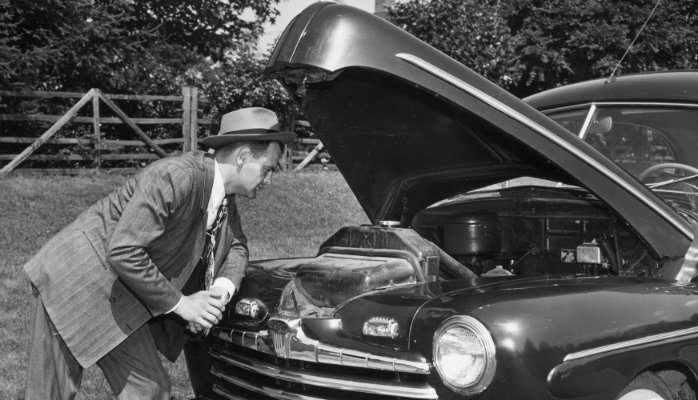My wife and I recently made a quantum leap from our comfort zone in small-town Ohio to south-central El Salvador. In February, we ventured with a group of gringos to a small island called La Calzada for a week.
We were equipped with a sense of adventure, our life stories and the belief that the restoration we’d experienced in our own lives might spark growth or hope in the lives of others.
If, like me, you have never ventured to Central America before, your mental picture of El Salvador may be fuzzy. I had previously traveled deep into Mexico so I had images of rocky farm land. I envisioned dirty cities tightly packed with humble abodes. I anticipated there would be vendors aggressively peddling their wares.
I saw all of that en route to our final destination. But over the course of our week on the island, I saw so much more.
A 30-minute van ride from the airport delivered us to a bustling port town where we schlepped our luggage into a flat-bottom boat. After another half hour of cruising through densely-packed mangroves, we arrived at our destination.
The air hung thick with smoke from burning trash. The wheels of our luggage bogged down in the layer of fine dirt that comprised the road on which we walked. A short hike landed us in the homestead where we would reside for the next week.
Scoping out our new digs, my first thought was something like, “Toto, we’re not in Kansas anymore.” My wife and I did get our own room, for which we were grateful, but the outhouse outside our room made me anxious.
As I was settling into the room and processing the new environment, a bat proceeded to join me, darting through my personal space like bats tend to do. I stifled my girlish screams and ran from the room like a scene from Ace Ventura. And I thought, “What are were doing here?!?”
What are we doing here?!?
What we did there was meet a lot of people. We heard a lot of stories. We shared our own. We laughed with the locals. We prayed with them. We gave a shoulder to cry on. We distributed food, clothes and reading glasses. We didn’t do anything extraordinary.
This week, though, was definitely beyond my ordinary. For one, I had no cell phone reception. The high-tech distraction that regularly beckons me to piddle my time away only served as a camera.
In the absence of email, TV, video games, social media or any media, there was more time to talk to my wife and to take in the beauty of creation. I absolutely loved it!
This journey helped me to recognize the things I often take for granted like indoor plumbing, air-conditioning and paved roads. Perhaps the greatest resource that I take for granted is time. I always assume I’ll get more of it, that tomorrow will bring another opportunity to do things I didn’t get to today.
It’s okay of I work a little too long or if I fritter my evening away shopping for cars, even though I’m not in the market for a car. There will be another time to spend with the kids, to get healthy or to take my wife on a date. I have deceived myself into this thinking.
Today, as I sit in the shadow of this adventure, I strive to recapture and rekindle that feeling of gratitude for the conveniences we have in our country and for my largely bat-free life. But mostly I want to remember that my time is far too precious to waste.
Tomorrow isn’t guaranteed. I should be investing more of my time in the people I love and in the causes that matter to me.
Teach us to number our days, that we may gain a heart of wisdom.
-Psalm 90:12








